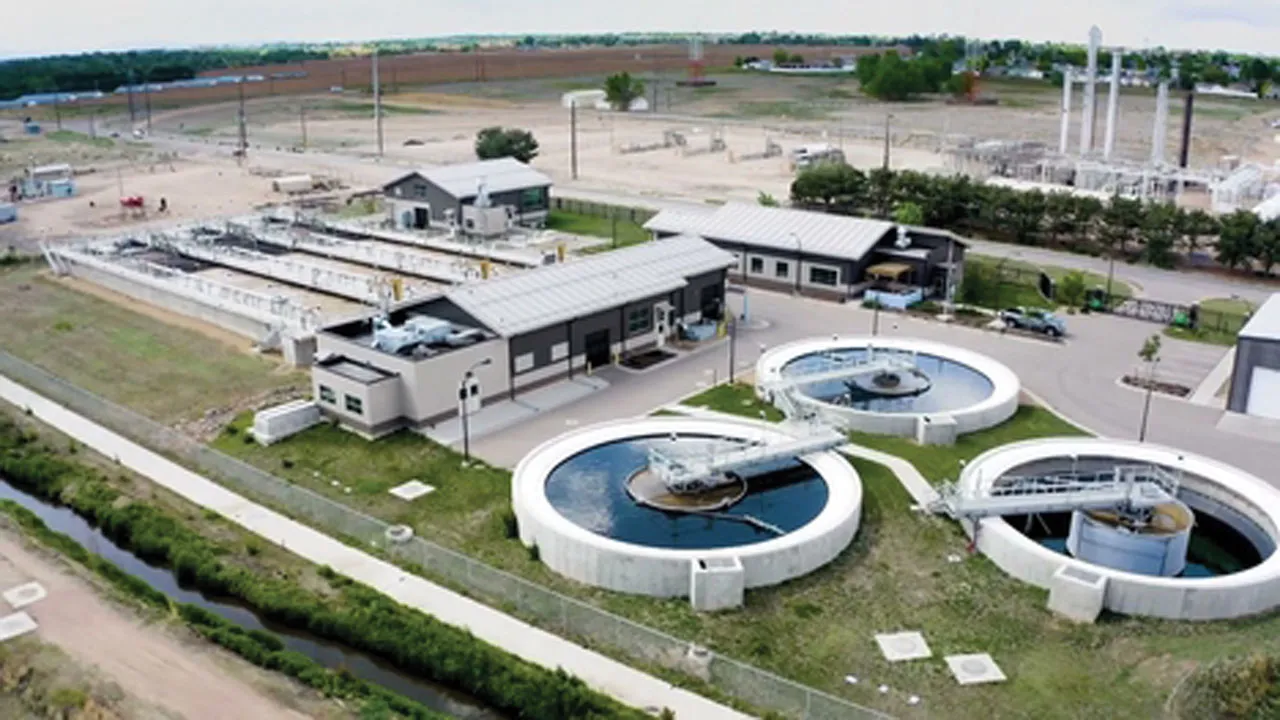Confidence remains shaken for late 2023; half expect recession

BOULDER — Nearly half of Colorado business leaders surveyed as part of the University of Colorado’s third-quarter 2023 Leeds Business Confidence Index believe a national recession is on the horizon in the second half of the year.
The overall sense of pessimism — stemming from consternation over a combination of factors such as interest rates, inflation, hiring and politics — has become a nagging trend over the past few quarters, a stark contrast to the overwhelming optimism of the COVID-19 recovery era.
“We continue to have very muted expectations for the economy from our business survey responses,” said Rich Wobbekind, faculty director and senior economist at the Leeds School business research division.
SPONSORED CONTENT
The overall Leeds Business Confidence Index, or LBCI, fell one point from the second to third quarter to 44.1. CU economists surveyed 191 Colorado businesses leaders to build the index.
An LBCI score — which is based on impressions of the state economy, national economy, industry sales, industry profits, industry hiring and capital expenditures — of 50 is neutral. Heading into the third quarter, all six components of the LBCI were on the pessimistic side of the ledger.
Peeking ahead to the fourth quarter 2023, confidence ticks back up slightly to 44.6.

CU’s LCBI may “possibly be a little bit more pessimistic” than other business confidence surveys around the country, but it is not too far from the average sentiment from business people and consumers representing a range of industries and localities.
Regarding the potential for a recession, 42.9% of responders said that they expect a recession to begin in 2023. Of those, 12% think it’s already happening and 31% believe it will occur in the back half of the year. The remaining respondents were fairly evenly split between predicting a recession in 2024, expecting one to begin later than next year, and being unsure.
Does it matter if Colorado is in an extremely slow-growth environment or a minor contraction of the economy? Not really, Wobbekind said. “It is still immaterial unless we were to have some deeper recession based upon some unknown out there,” he said. “… The slow-growth scenario for the year is in the background of what we’re seeing overall.”
Layoffs at high-profile companies around the country are stoking headlines and increasing anxiety, Wobbekind said, and there is “some reason to believe that there’s some slowdown in the labor market” occurring now.
“Interest-sensitive sectors seem to be struggling the most in terms of both employment growth and output growth,” he said. Examples of these sorts of vulnerable industries are construction and financial services.
Higher interest rates aside, the financial system appears healthy, Wobbekind said, despite the spring collapse of Silicon Valley Bank and several other major institutions.
“Banking systems seem to be holding up well. We don’t seem to have any exacerbation of the problem” that led to SVB’s collapse, he said. “Banking stress tests — information was just released on this earlier in the week — really seem to indicate that the banking system is in really solid shape.”
BOULDER — Nearly half of Colorado business leaders surveyed as part of the University of Colorado’s third-quarter 2023 Leeds Business Confidence Index believe a national recession is on the horizon in the second half of the year.
The overall sense of pessimism — stemming from consternation over a combination of factors such as interest rates, inflation, hiring and politics — has become a nagging trend over the past few quarters, a stark contrast to the overwhelming optimism of the COVID-19 recovery era.
“We continue to have very muted expectations for the economy from our business survey responses,” said Rich Wobbekind, faculty director…





